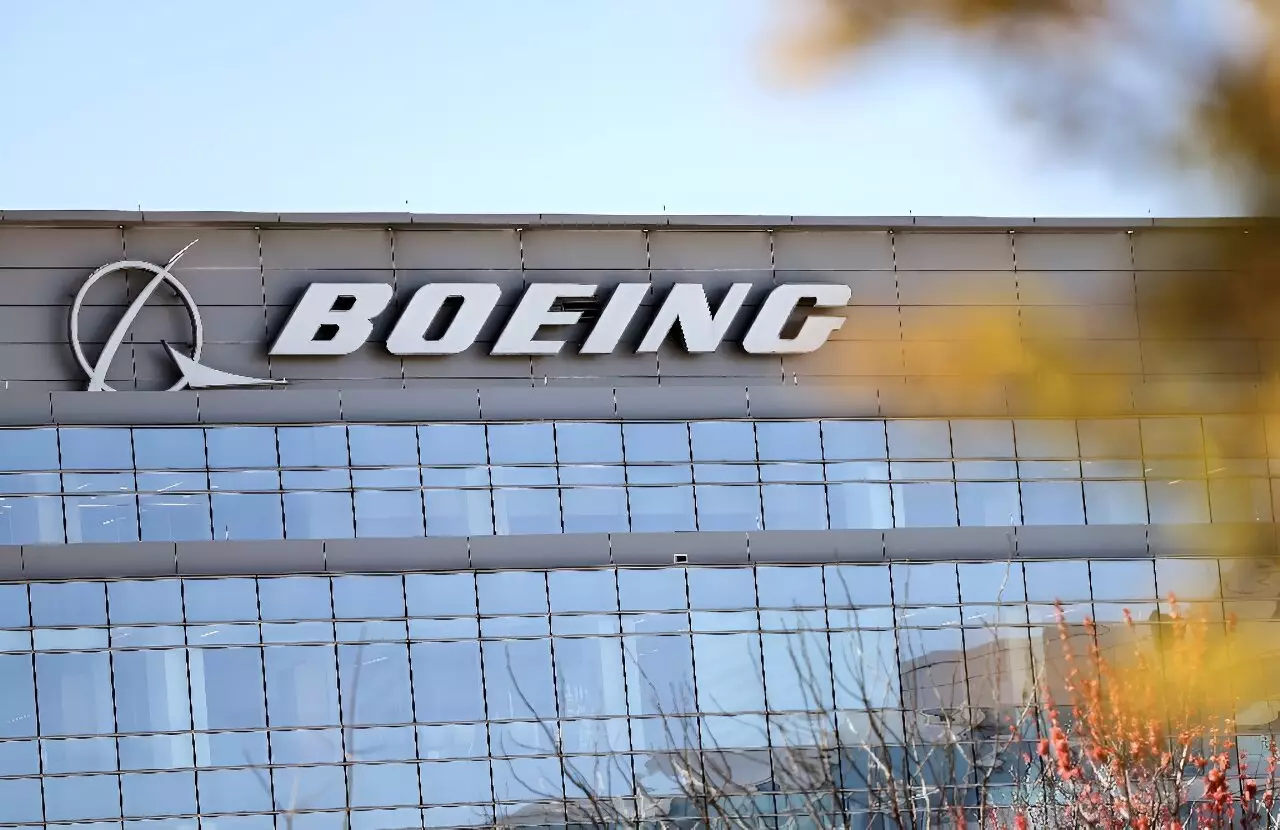In a significant development, Boeing has agreed to plead guilty to fraud in connection with the two fatal 737 MAX crashes that occurred over five years ago in Ethiopia and Indonesia. This decision comes after the US Department of Justice determined that Boeing had violated an earlier settlement related to the accidents in which 346 people lost their lives. The company will also be required to pay an additional $243.6 million fine on top of the previous $243.6 million fine.
The agreement follows the DOJ’s findings that Boeing had failed to improve its compliance and ethics program as required by a 2021 deferred prosecution agreement. Prosecutors stated that Boeing did not adequately design, implement, and enforce a program to prevent and detect violations of US fraud laws throughout its operations. This failure ultimately led to the company’s plea deal.
As part of the plea deal, Boeing will serve three years of “organizational probation” and must adhere to specific conditions, including appointing an independent monitor and investing at least $455 million in compliance, quality, and safety programs. Additionally, the company’s board of directors will be obligated to meet with the families of the crash victims from the 2018 and 2019 accidents.
While Boeing has agreed to the terms of the plea deal, families of the crash victims have raised objections, arguing that the agreement offers unwarranted leniency to the company. They have expressed concerns that the deal fails to hold Boeing fully accountable for its role in the tragedies. The families’ legal team has filed objections to the plea deal, citing deceptive and offensive premises.
Boeing’s admission of guilt and the subsequent plea deal have significant implications for the company’s reputation and future operations. The incidents have raised questions about Boeing’s manufacturing and safety practices, leading to heightened scrutiny from regulators and Congress. The company’s failure to meet its obligations under the deferred prosecution agreement has exposed it to potential prosecution.
The Boeing fraud case serves as a cautionary tale for companies in the aviation industry and beyond. It underscores the importance of implementing robust compliance and ethics programs to prevent violations of the law. Moving forward, Boeing must take decisive actions to strengthen its safety, quality, and compliance initiatives to rebuild trust with regulators, customers, and the public.
Boeing’s decision to plead guilty to fraud in the 737 MAX crashes case highlights the need for accountability and transparency in corporate governance. The repercussions of the plea deal will undoubtedly shape Boeing’s future trajectory and reputation in the aviation industry.


Leave a Reply